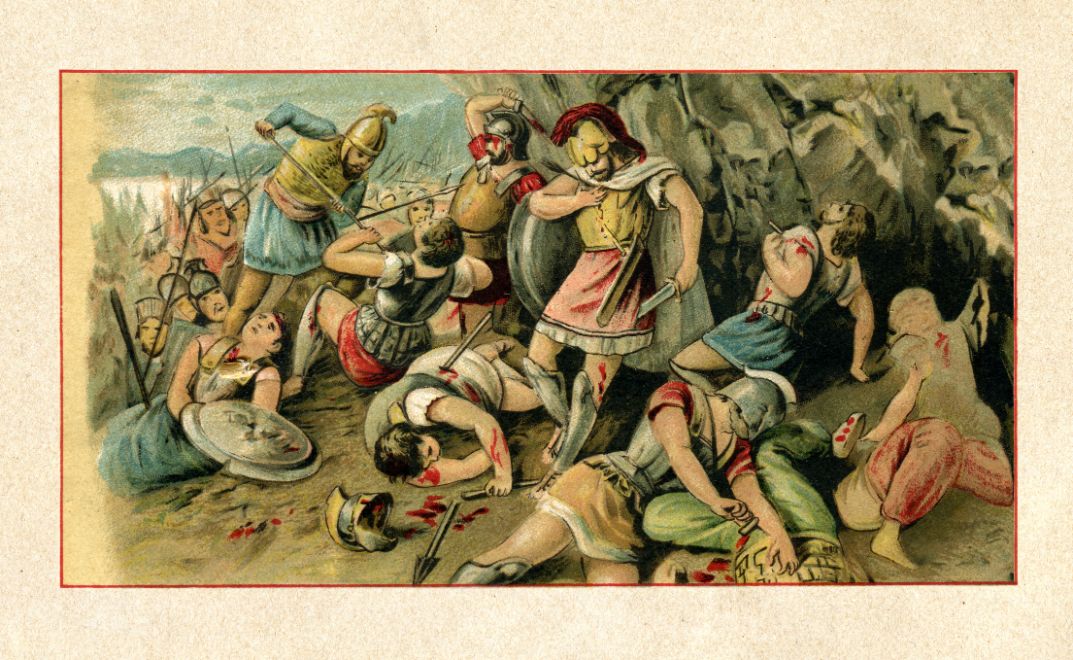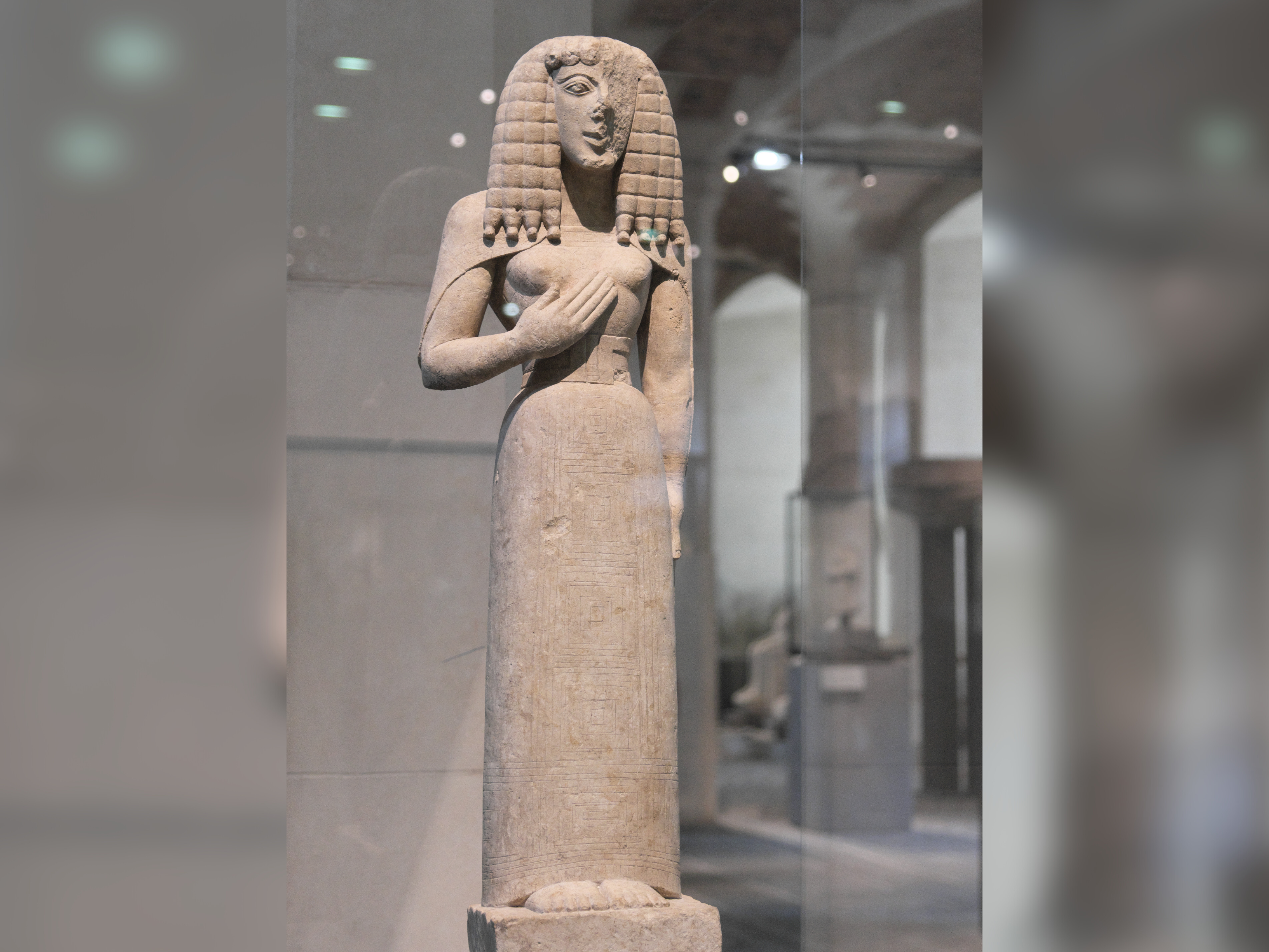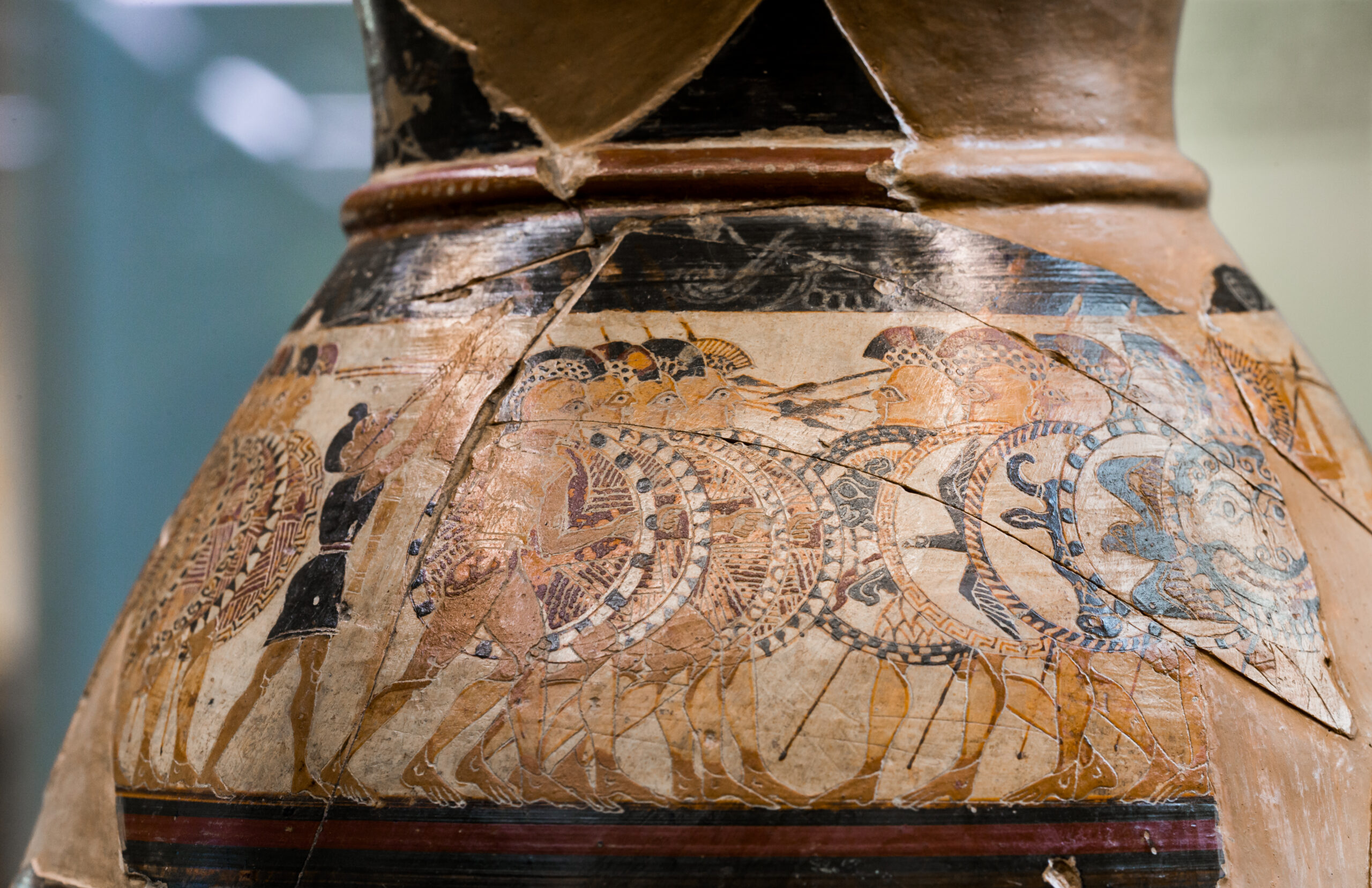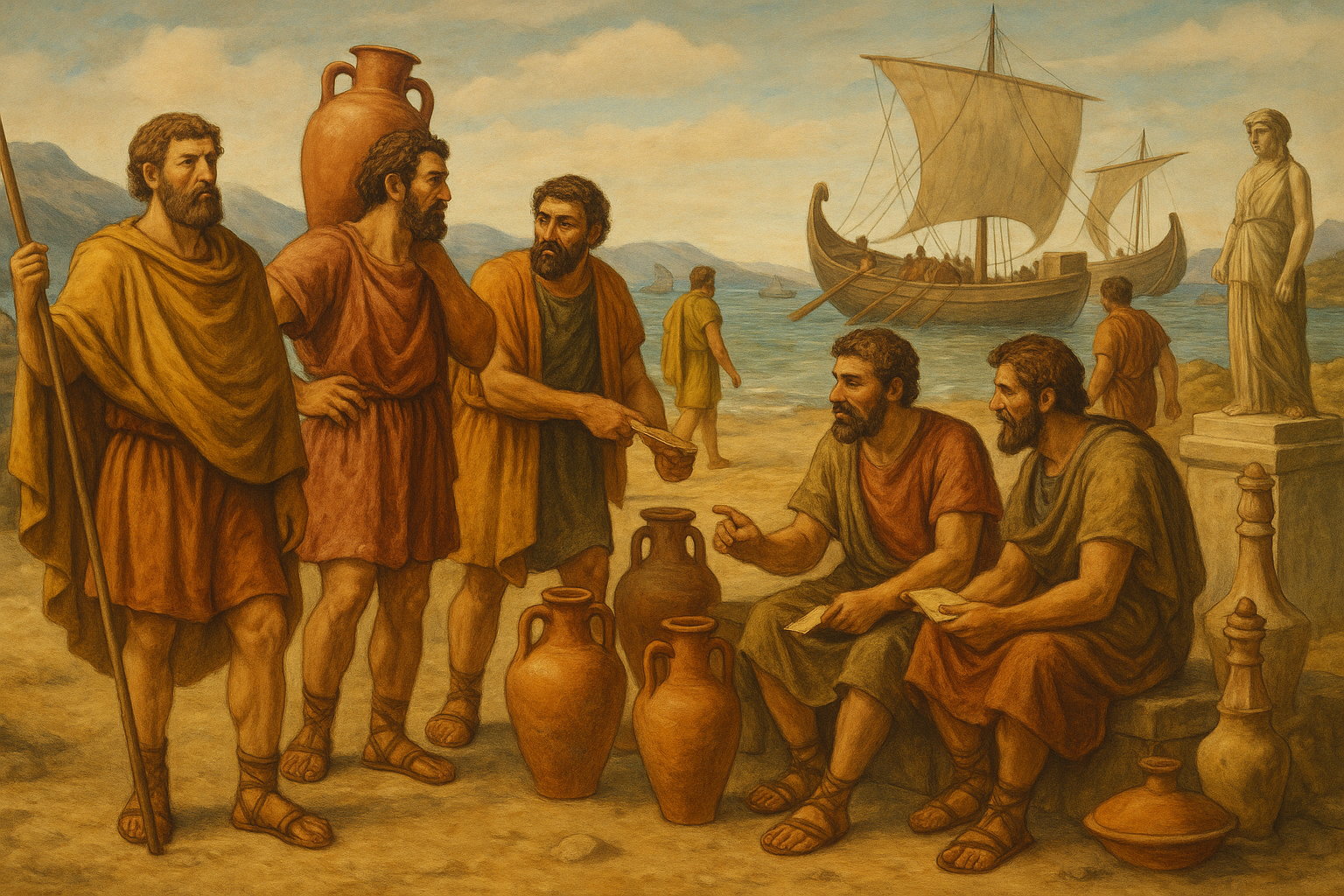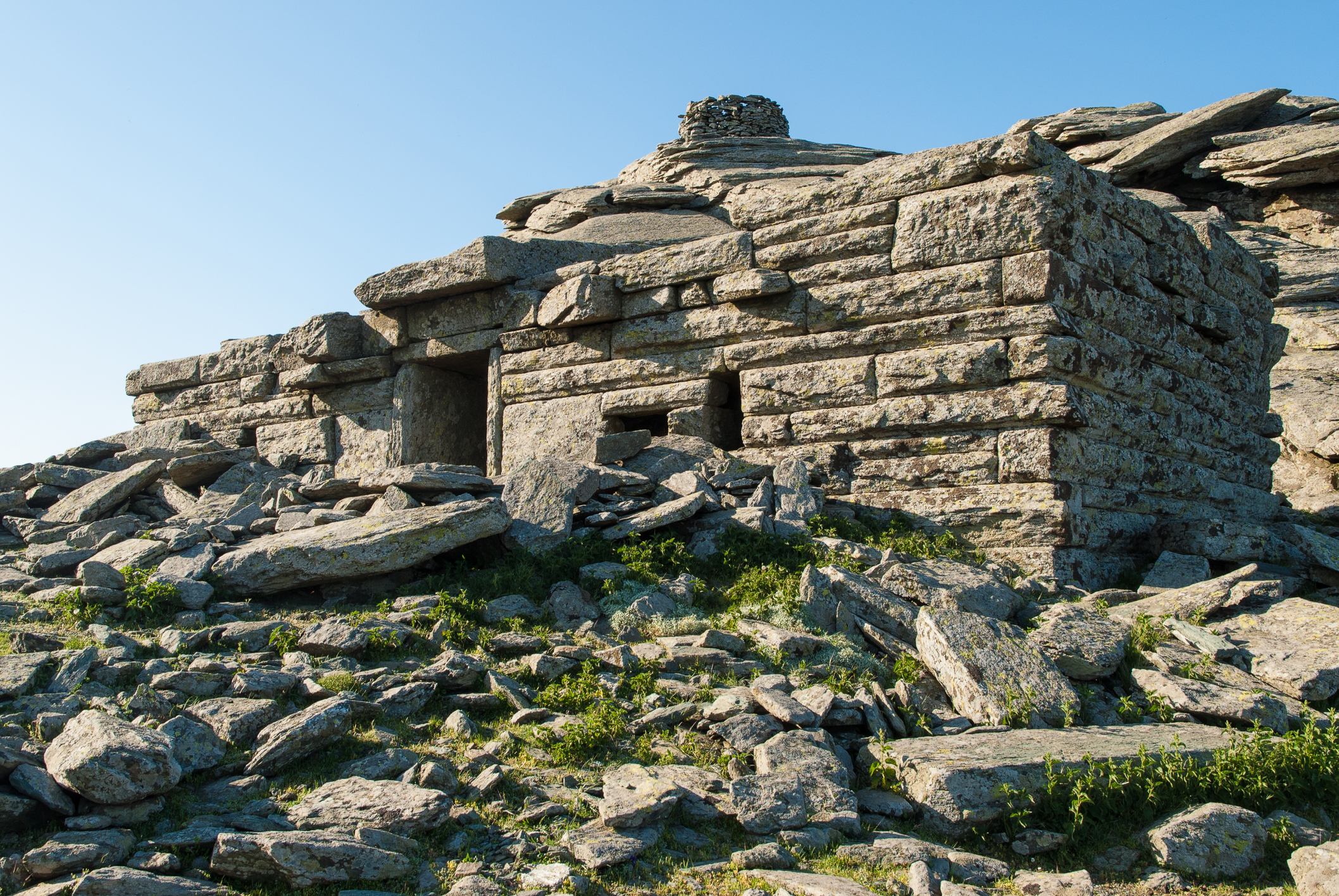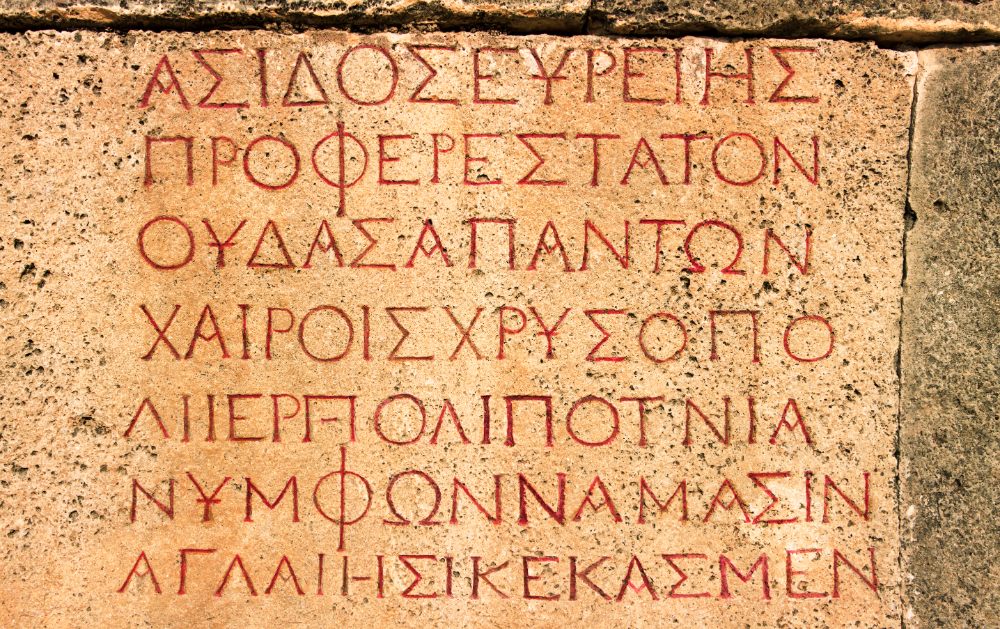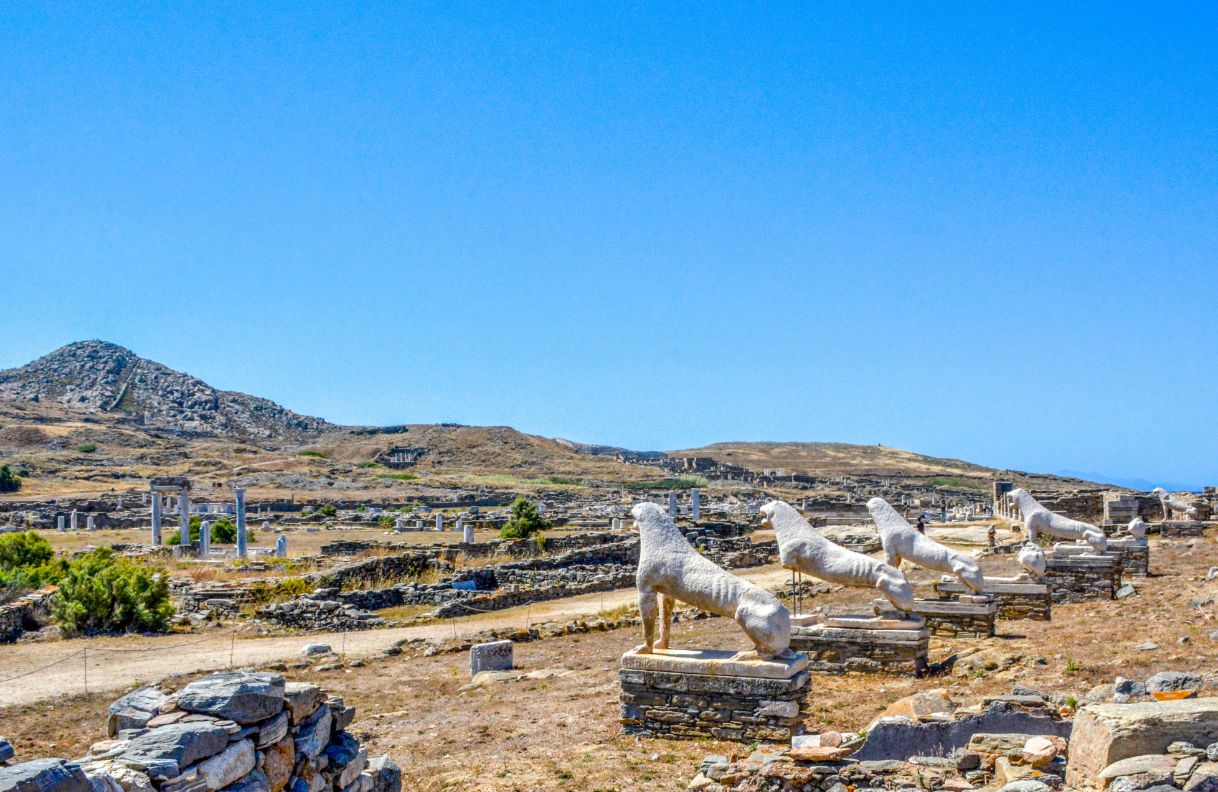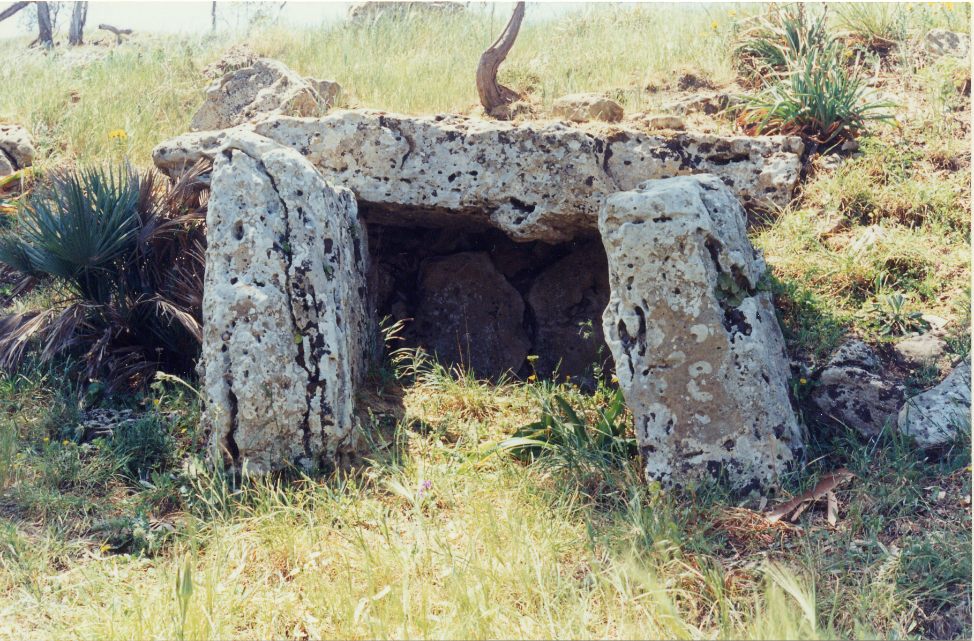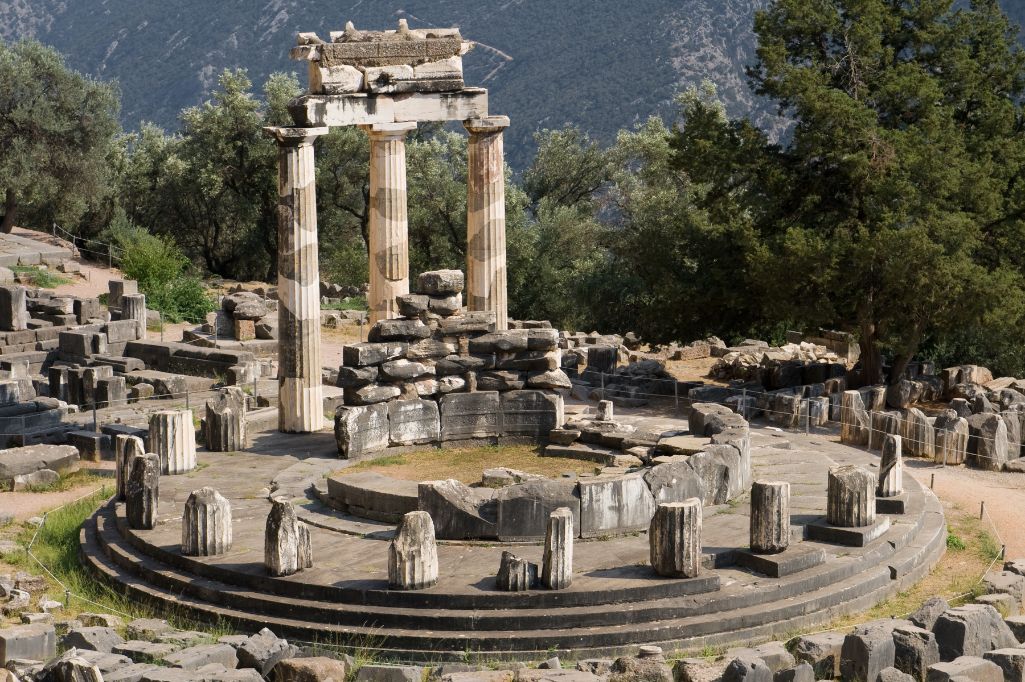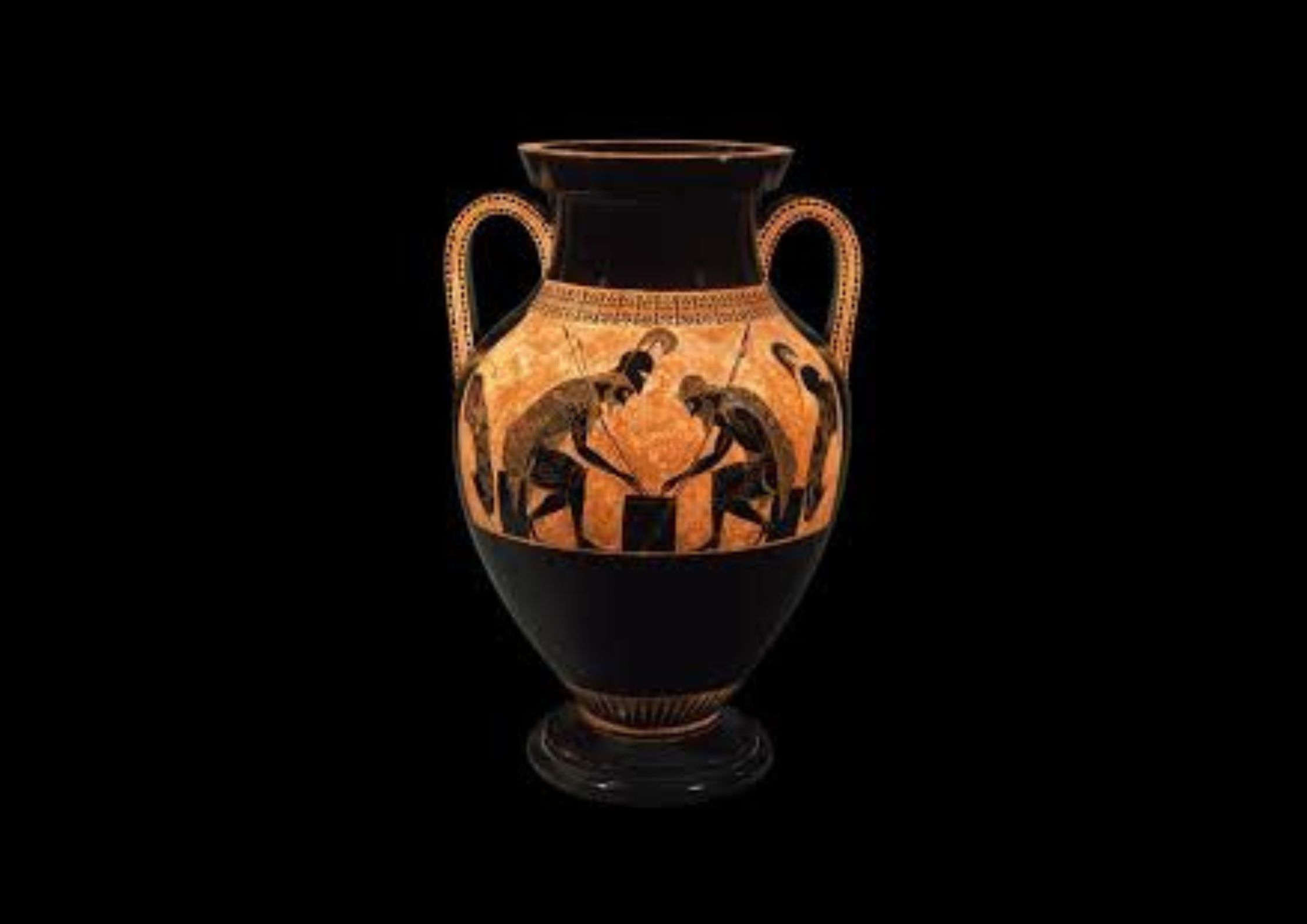The Epic wars of Preclassical Greece
The preclassical Greek period, also known as the Archaic period (circa 800-480 BC), was marked by significant development and frequent conflict, shaping the political landscape of ancient Greece. Notable wars during this era include the Lelantine War (circa 710-650 BC), fought between the city-states of Chalcis and Eretria on the island of Euboea over control of the fertile Lelantine Plain, which highlighted the early formation of interstate politics through alliances with other city-states.
The First Messenian War (circa 743-724 BC) saw Sparta subjugate Messenia, transforming the region’s inhabitants into helots, or state-owned serfs, a status that held lasting consequences for Spartan society. This was followed by the Second Messenian War (circa 685-668 BC), a revolt by the Messenians against Spartan domination, which Sparta ultimately suppressed, reaffirming its harsh rule over the territory. Additionally, the rise of tyrannies in various city-states, such as Cypselus in Corinth and Pisistratus in Athens, emerged from internal conflicts marked by violent struggles between aristocratic factions and populist leaders.
While the major Greco-Persian Wars unfolded later in the Classical period, tensions and minor skirmishes with the Persian Empire began in the late Archaic period, exemplified by the Ionian Revolt (499-493 BCE). Numerous small-scale conflicts among neighboring city-states further contributed to territorial disputes and shifting alliances, leading to the development of the polis system and laying the groundwork for the more documented wars of the Classical period, including the Greco-Persian Wars and the Peloponnesian War.


